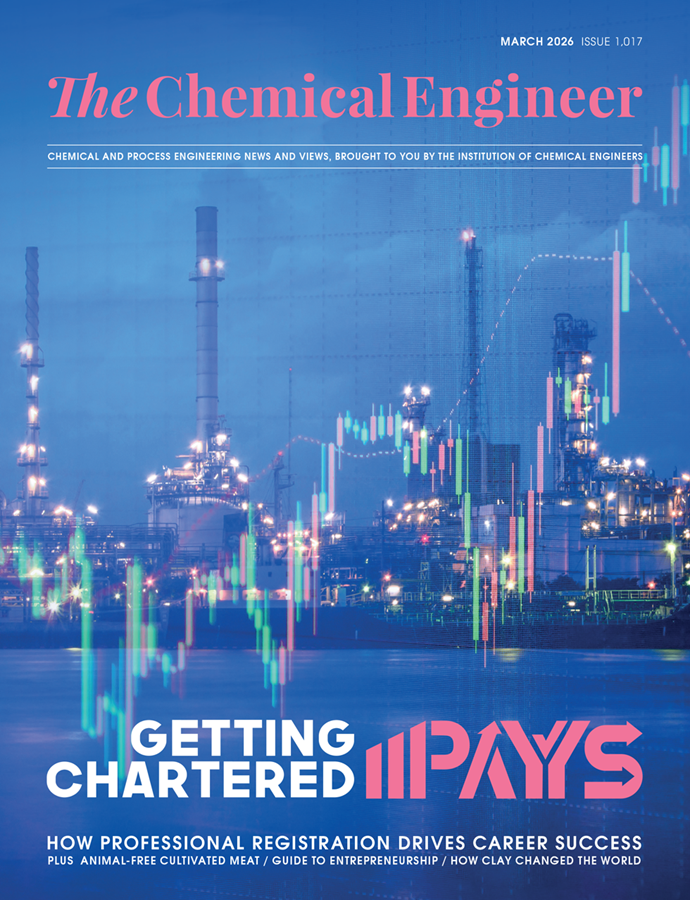Heavy industry giants join forces on plan for carbon capture hubs across Asia

PLANS are taking shape for CCUS hubs across Asia, as heavy industry firms join forces in a study that could see captured carbon shipped to Australia for burial.
BHP, Chevron and Hyundai are among the steelmakers, mining firms and energy companies that have agreed to work on what they say is the first independent, industry-led study in Asia to examine how technically and commercially feasible it is to develop large-scale CCUS projects to reuse or store CO2.
The pre-feasibility study will look at which industrial processes will suit CCUS if companies share infrastructure and capture CO2 at scale, before then piping or shipping it for storage at sites in Asia or northern Australia.
The consortium says that building regional hubs should optimise the costs of CCUS, share the business risk and lead to innovative ways of capturing carbon from multiple hard-to-abate industries in a single sweep.
Ben Ellis, vice-president of marketing sustainability, at BHP said: “With more than 1bn t of [steel] production a year in Asia coming from blast furnace capacity that is relatively early in its production life, it’s important for industry to progress technologies to decarbonise existing steelmaking assets while new commercial pathways to decarbonise steelmaking are developed over time.”
In 2023, Australia amended legislation to allow the import and export of captured CO2. The consultancy Wood Mackenzie estimates that it could create a A$600bn (US$390bn) industry by opening up its geological storage sites to customers across the Asia-Pacific.
ArcelorMittal Nippon Steel India, JSW Steel and Mitsui are the other partners in the consortium, which is open to more companies joining and contributing to the study. Each company is expected to have operations included in at least one hub.
The partners will create a conceptual development strategy with cost estimates for each hub and look at the regulations on the cross-border transport of CO2 needed to unlock the projects. The partners expect to complete the study by the end of 2026 and will share the findings publicly to help other industrial firms advance CCUS and bring about change in policies and regulations.
Yonghee Kim, vice-president of the process R&D sub-division at Hyundai Steel, said: “This consortium goes beyond conventional technological development – it aims to deliver real and measurable emissions reductions through collaboration with global partners, sharing knowledge and experience across borders.”
Hatch is project managing the venture in partnership with the Global CCS Institute.
Recent Editions
Catch up on the latest news, views and jobs from The Chemical Engineer. Below are the four latest issues. View a wider selection of the archive from within the Magazine section of this site.




